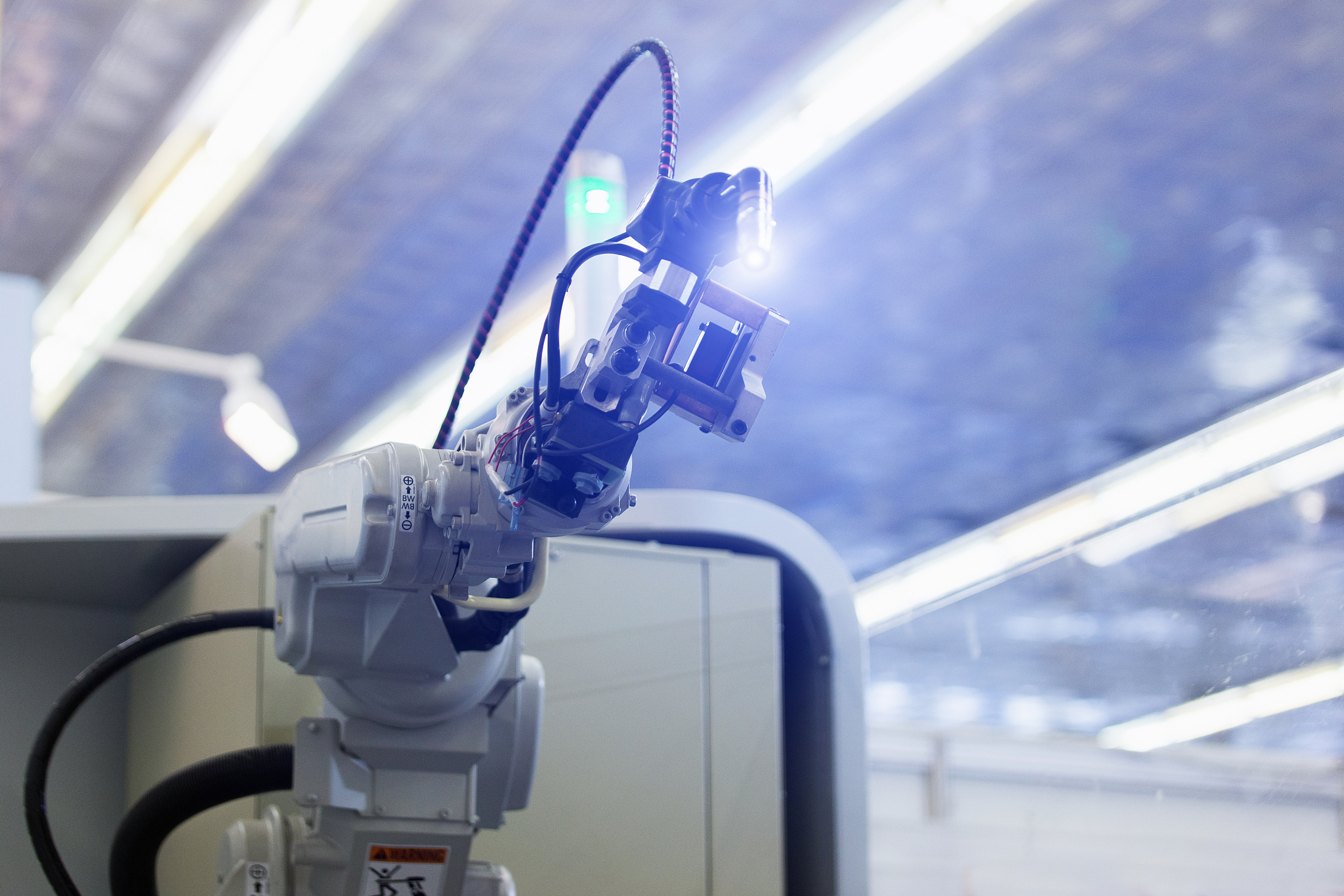Research Status of Unmanned Crane Workshops: A Comprehensive Overview
Research Status of Unmanned Crane Workshops: A Comprehensive Overview
The development of unmanned crane workshops represents a significant advancement in manufacturing automation and logistics. This paper aims to provide a comprehensive overview of the research status in this field, exploring key advancements, challenges, and future directions.
Key Research Areas:
- Automated Crane Control: Research focuses on developing intelligent control systems for unmanned cranes, incorporating technologies like machine learning, computer vision, and sensor fusion. These systems aim to enhance efficiency, accuracy, and safety in crane operations.
- Navigation and Path Planning: Advanced algorithms are being developed for precise navigation and path planning of unmanned cranes within complex workshop environments. This involves considering factors like obstacles, workspace constraints, and optimal load movement.
- Human-Robot Collaboration: Research explores the integration of unmanned cranes with human workers in collaborative settings, aiming to optimize workflows and enhance overall productivity. This involves developing safe and intuitive communication protocols between humans and robots.
- Safety and Reliability: Ensuring the safety and reliability of unmanned crane systems is crucial. Research investigates robust safety mechanisms, fault detection and diagnosis techniques, and proactive maintenance strategies.
- Integration with Existing Infrastructure: Integrating unmanned cranes into existing manufacturing infrastructure poses challenges related to data integration, system compatibility, and legacy equipment modernization.
Future Directions:
- Increased Autonomy: Future research will focus on developing fully autonomous unmanned crane systems capable of operating without human intervention, enabling 24/7 operation and enhanced efficiency.
- Advanced Sensing and Perception: Incorporating advanced sensors and perception technologies, including LiDAR, 3D cameras, and tactile sensors, will enable unmanned cranes to navigate complex environments with greater accuracy and responsiveness.
- Cybersecurity: Addressing cybersecurity concerns is crucial for ensuring the security and reliability of unmanned crane systems, particularly in critical infrastructure applications.
- Sustainable Development: Research will explore eco-friendly designs and energy-efficient operation of unmanned crane systems, contributing to sustainable manufacturing practices.
Conclusion:
The research on unmanned crane workshops is rapidly evolving, driven by the increasing demand for automation and efficiency in manufacturing. This paper highlights key advancements, challenges, and future directions in this exciting field. By addressing these challenges and capitalizing on emerging technologies, unmanned crane workshops have the potential to revolutionize manufacturing processes and propel the industry towards a more efficient and sustainable future.

原文地址: https://www.cveoy.top/t/topic/njqI 著作权归作者所有。请勿转载和采集!